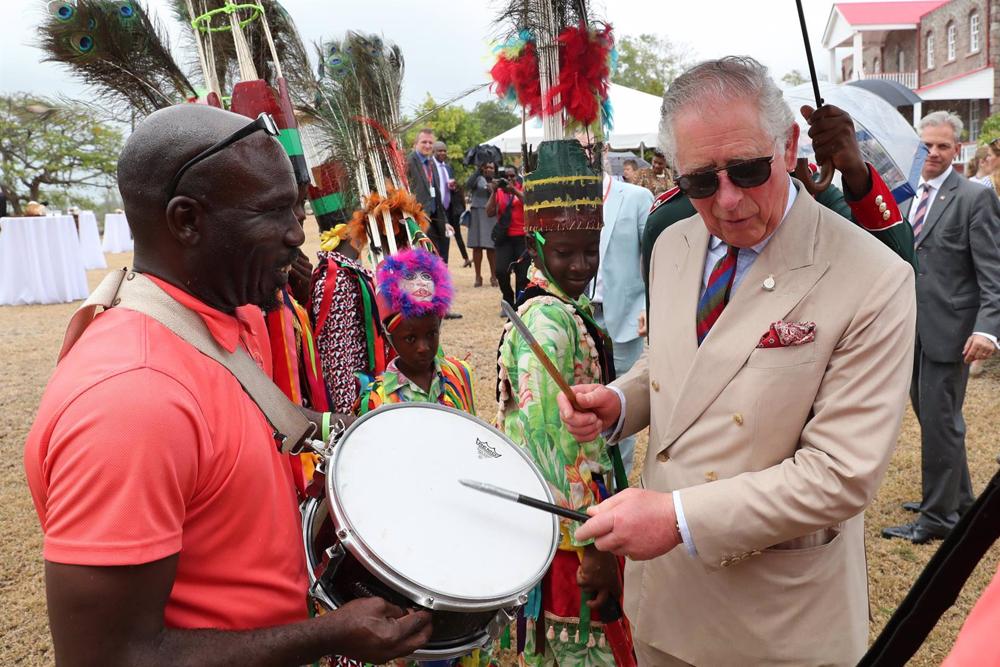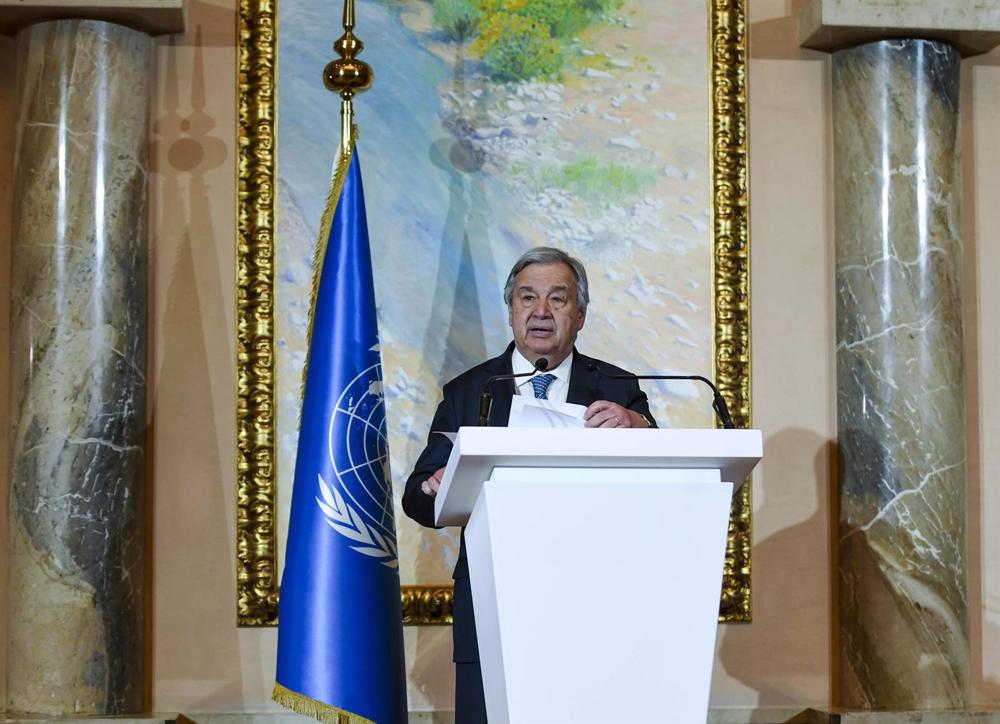
The president of Equatorial Guinea, Teodoro Obiang Nguema, is on his way to reelection as head of the African country, something expected in view of the repression of the opposition by the authorities, having obtained nearly 96.5 percent of the votes in the elections.
The president of the Equatoguinean electoral board, Faustino Ndong Esono Ayang, has detailed that so far more than 45 percent of the votes have been recounted and added that Obiang has won 189,031, a huge distance from his rivals.
Thus, Andres Esono Ondo, of the Convergence for Social Democracy of Equatorial Guinea (CPDS), has collected 5,473 endorsements, while Buenaventura Monsuy Asumu, of the Social Democratic Coalition Party (PCSD), has only 1,490, as reported by the Information and Press Office of Equatorial Guinea.
Faustino Ndong Esono Ayang, who is also Minister of the Interior, emphasized that the counting of votes continues at the headquarters of the Ministry of the Interior and Local Corporations in view of the announcement of the final results, expected before Saturday.
Following the announcement of the first partial results, the CPDS denounced a «massive fraud» and said that the voting day took place «amid scandalous and widespread irregularities», including the requirement for voters to choose only one ballot at the entrance.
Obiang, 80 years old and the world’s longest-serving president, has led the country since the uprising against his uncle, Francisco Macias Nguema, who became Equatorial Guinea’s first president after the country’s independence from Spain in 1968.
The PDGE also aspires to maintain its tight control of both houses of Parliament. It currently holds 99 of the 100 seats in the National Assembly and 55 elected seats in the Senate – which has 70 seats, although 15 are appointed directly by the president.
The Equatoguinean president announced that the presidential elections would be brought forward by five months to coincide with the legislative and municipal elections, amid opposition complaints of repression and exclusion from the Equatoguinean political system, including the outlawing in 2018 of the main opposition formation, Citizens for Innovation.
Despite the fact that there are 18 legalized parties in the country, in practice there are no opponents with real options to remove Obiang from power, amid speculation about the possibility of a ‘dynastic’ succession resulting in the rise of his son, Teodoro Nguema Obiang Mangue, known as ‘Teodorin’, who has held the Vice-Presidency since 2016.






